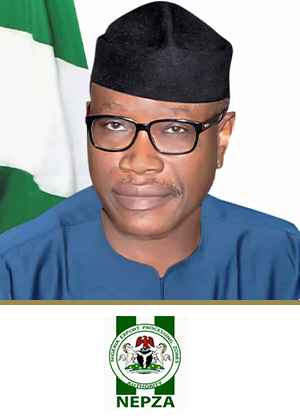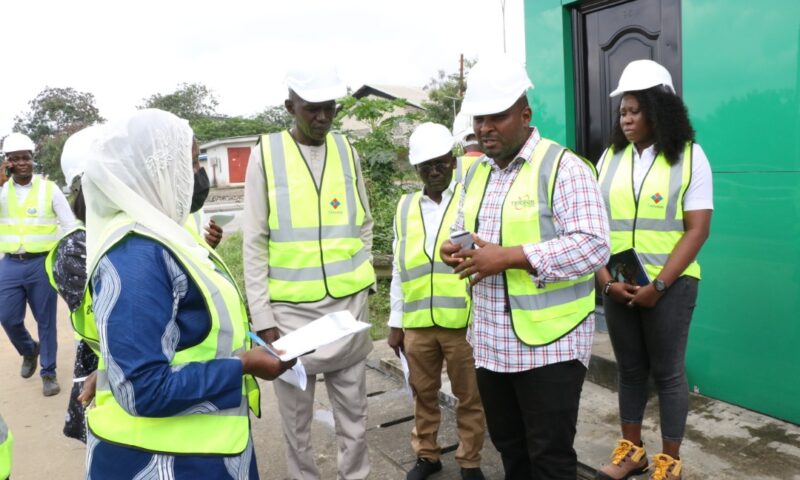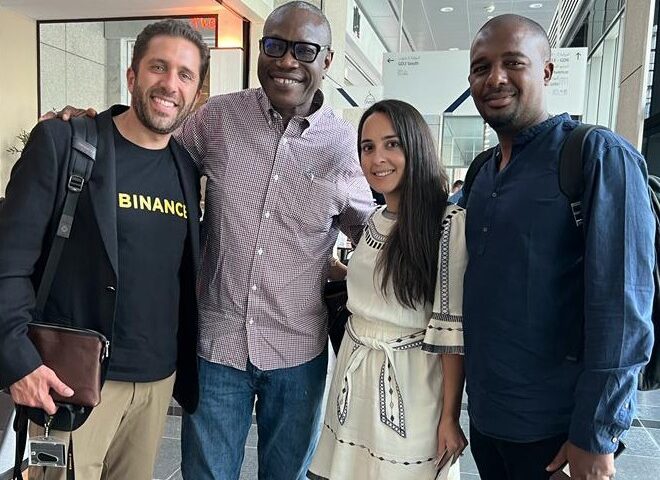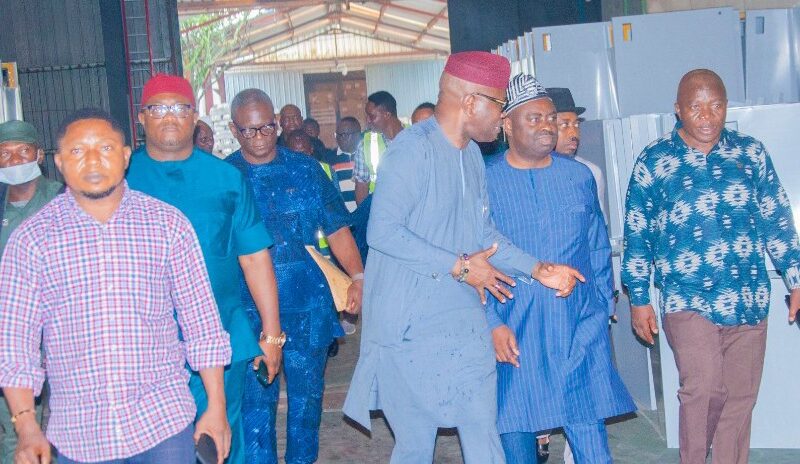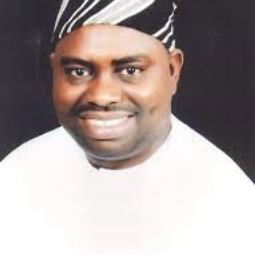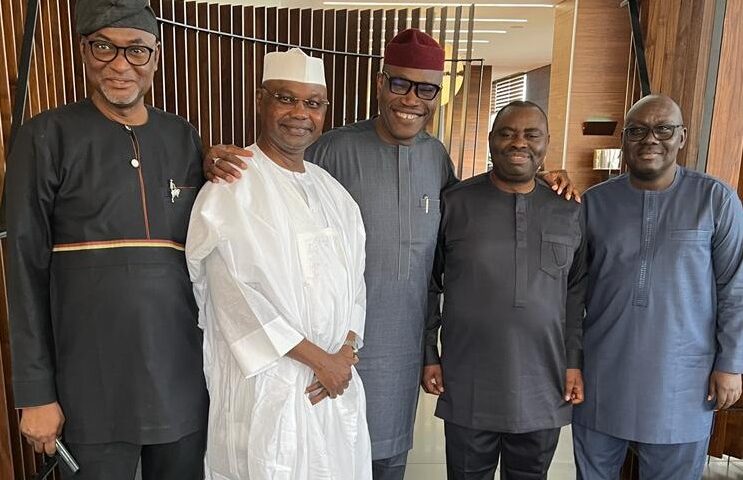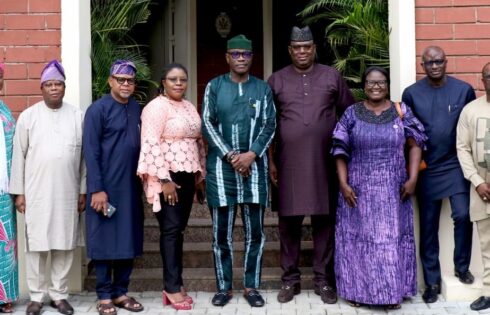Agencies multiple charges cost Nigeria $250 bn agro-export produce – NEPZA
By Favour Nnabugwu
Nigeria Export Processing Zone Authority (NEPZA) has said that government agencies have not done well to import and export with complicated roadblocks costing the country US$250billon on agro-export produce to the country alone.
This is just as it has said that eleven (11) out of sixteen (16) sundry charges are illegal stressing that some of these has caused international cargo airlines to prefer flying out of Nigeria empty.
In his presentation, Aviation & Cargo Export in Nigeria, at the 2nd Edition of Aviation and Cargo Conference Managing Director/CEO – NEPZA, Prof. Adesoji Adesugba made this known highlighting some challenges that are militating against import and exports in the country.
He was represented by Assistant Director Investor Promotion, Augustine Onyekwere who presented his paper at the event.
Professor Adesugba said, “Among the 16 sundry charges tracked for goods coming in or departing the country via airports, only five are officially recognised. Nigeria’s import-to- export airfreight ratio imbalance stood at 87:13 from available statistics.
“The implication according to cargo agencies is loss of at least about USD 250 billon on agro-export produce to the country.
He mentioned other challenges to include, lack of modern Infrastructure, lack of corporate governance, policy and regulation, high cost of aviation fuel, inadequate funding and resources, high cost of operation, insecurity, insurance and corruption.
Adesugba noted that the Federal Government of Nigeria in order to support the Aviation Industry and stimulate multiplier effects in the economy in May 2021 designated the four (4) Major International Airports (Lagos, Abuja, Kano and Port Harcourt) respectively as Special Economic Zones to enable the companies operating at these airports enjoy the benefits of the Free zone scheme.
Stating that ASEZ are designed to accelerate investment in the Aviation sector and its value chain, improve the utilization of the airports, generate more revenues for the Federal Government as well as attract more local and foreign direct Investment and increase aviation contribution to the GDP.
According to him, “SEZ can grow the aviation and cargo export in Nigeria with the incentives and concessions available in the Nigeria Free Zones with concepts like tax holidays, one stop approvals as well as 100% foreign ownership of businesses.
He said, “Complete tax holiday from all Federal, State and Local Government taxes, rates, customs duties and levies, one-stop approvals for all permits, operating licenses and incorporation papers. Duty-free, tax-free import of raw materials and components for goods destined for re-export.
“Duty-free importation of capital goods, consumer goods, machinery, equipment, and furniture.
Permission to sell 100 percent of manufactured, assembled or imported goods into the domestic Nigerian market and meeting the 35% value addition.
The NEPZA boss added, “Export duty into the custom territory is calculated based on the value of the raw material or components used in assembling the product not on the finished product’s value.
“100% foreign ownership of investments. 100% repatriation of capital, profits and dividends as well as waiver on all import and export licenses, waiver on all expatriate quotas for companies operating in the Zones

